PRESBYOPIA - THE REASON OF DEVELOPMENT AND THE TREATMENT OPTIONS
Presbyopia often occurs between the ages of 40 and 50: small sized text becomes increasingly difficult to read especially the small print. The arms while reading are getting longer and the distance to the screen is getting bigger. Thanks to state-of-the-art medical technology, we can offer you various solutions to free you from reading glasses.
What happens with presbyopia?
In order to be able to see text or objects close by, our lens has to bulge. Since our lens loses its elasticity and becomes stiffer with age, we have problems with near vision and need reading or varifocal glasses, regardless of whether we already have impaired vision or whether we previously had full visual performance. If you want permanent freedom from reading and varifocal glasses, there are alternative solutions thanks to the latest medical technology. EuroEyes can give you a life without glasses.
WHAT ARE THE SYMPTOMS OF PRESBYOPIA?
Near objects, such as text, cell phone screens but also computer screens appear increasingly blurred with age. This is usually compensated by holding the reading material or object in question further away and by using additional lighting. With the progression of presbyopia the problem increases and it eventually becomes impossible to compensate. If you have been suffering from nearsightedness or farsightedness in your younger years, presbyopia will still occur.

WHICH TREATMENT OF PRESBYOPIA IS BEST SUITABLE FOR ME?
Presbyopia can not be stopped by medicine or eye training. Thanks to modern medical technology we can offer you different ways to treat presbyopia to start a life without glasses. In a first examination and consultation we will inform you which method is best suitable for your eyes. For example the implantation of multifocal lenses can correct presbyopia and at the same time also other eye disorders like nearsightedness, farsightedness and astigmatism. With the innovative LenSx laser lens surgery, EuroEyes now offers even more safety.
LENS TREATMENT OF PRESBYOPIA
also in combination with nearsightedness, farsightedness and astigmatism**
DYSFUNCTIONAL LENS SYNDROME
Dysfunctional lens syndrome, DLS for short, is a frequent, progressive loss of function of the lens inside the eye. All people between the ages of 45 and 60 suffer from this age-related disease. DLS is characterized by the progressive loss of the natural flexibility and clarity of the lens.
The three stages of DLS
The first stage is characterized by a loss of close-up vision. It often occurs from the age of 45. Those who affected begin to notice that their vision diminishes and letters blur in front of their eyes. Suddenly one is dependent on reading glasses.
The second stage occurs mainly in people between the ages of 50 and 60: near and far vision quality decreases.
The third stage of dysfunctional lens syndrome occurs in people over the age of 70 and is characterized by the appearance of cataracts. This is the opacity of the eye lens that leads to a loss of vision in some or all areas of the visual field.
Don’t worry, the dysfunctional lens syndrome is treatable.
By inserting trifocal and multifocal lenses, the dysfunctional lens syndrome can be corrected safely and precisely. The body’s own lens is replaced by an artificial lens (multifocal/trifocal lens). In addition to presbyopia, myopia, farsightedness and astigmatism can be corrected with artificial lenses. Due to the different focal points of the trifocal and multifocal lenses, vision at different distances is possible again without progressive vision glasses and reading glasses. Finally driving a car again, doing sports, reading and enjoying everyday life is possible – without glasses and annoying contact lenses.
Is the procedure safe?
Yes, the lens implantation procedure at EuroEyes is safe. The EuroEyes laser eye centres use the LenSx® femtosecond laser for surgical procedures at many locations. This eye laser, which is used for lens replacement, enables painless and very precise cutting of different tissue layers in the eye.





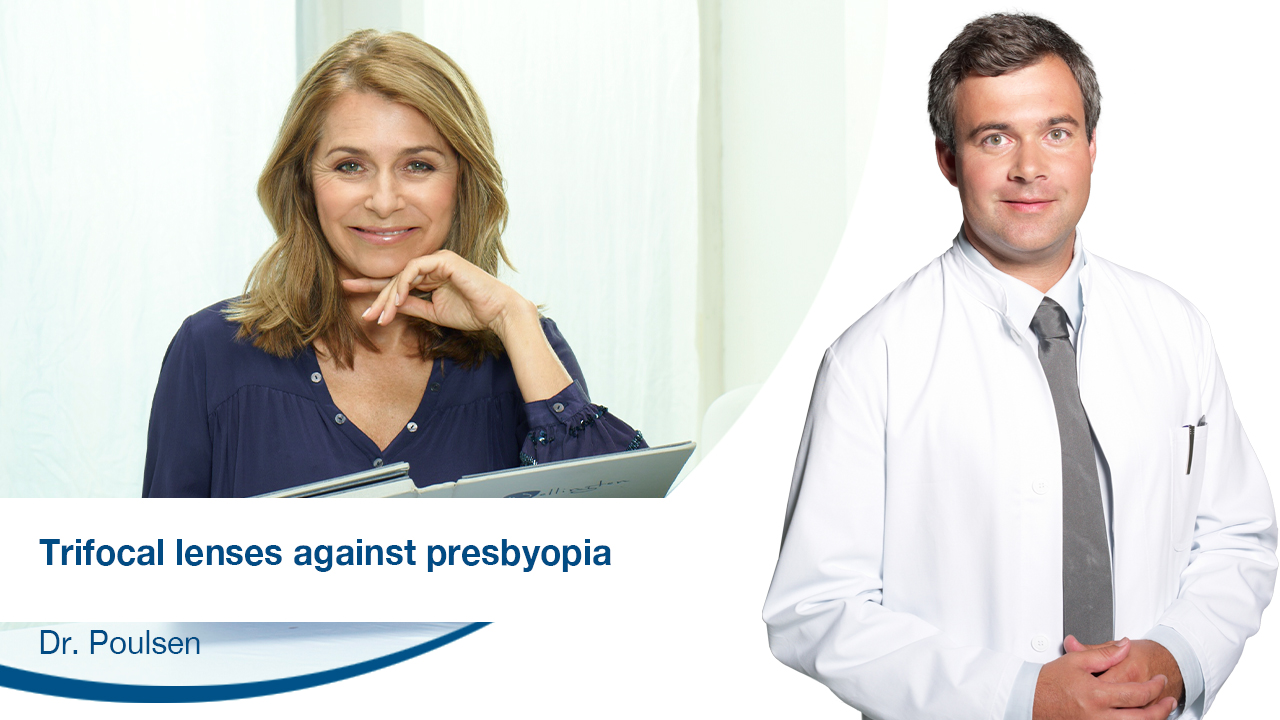
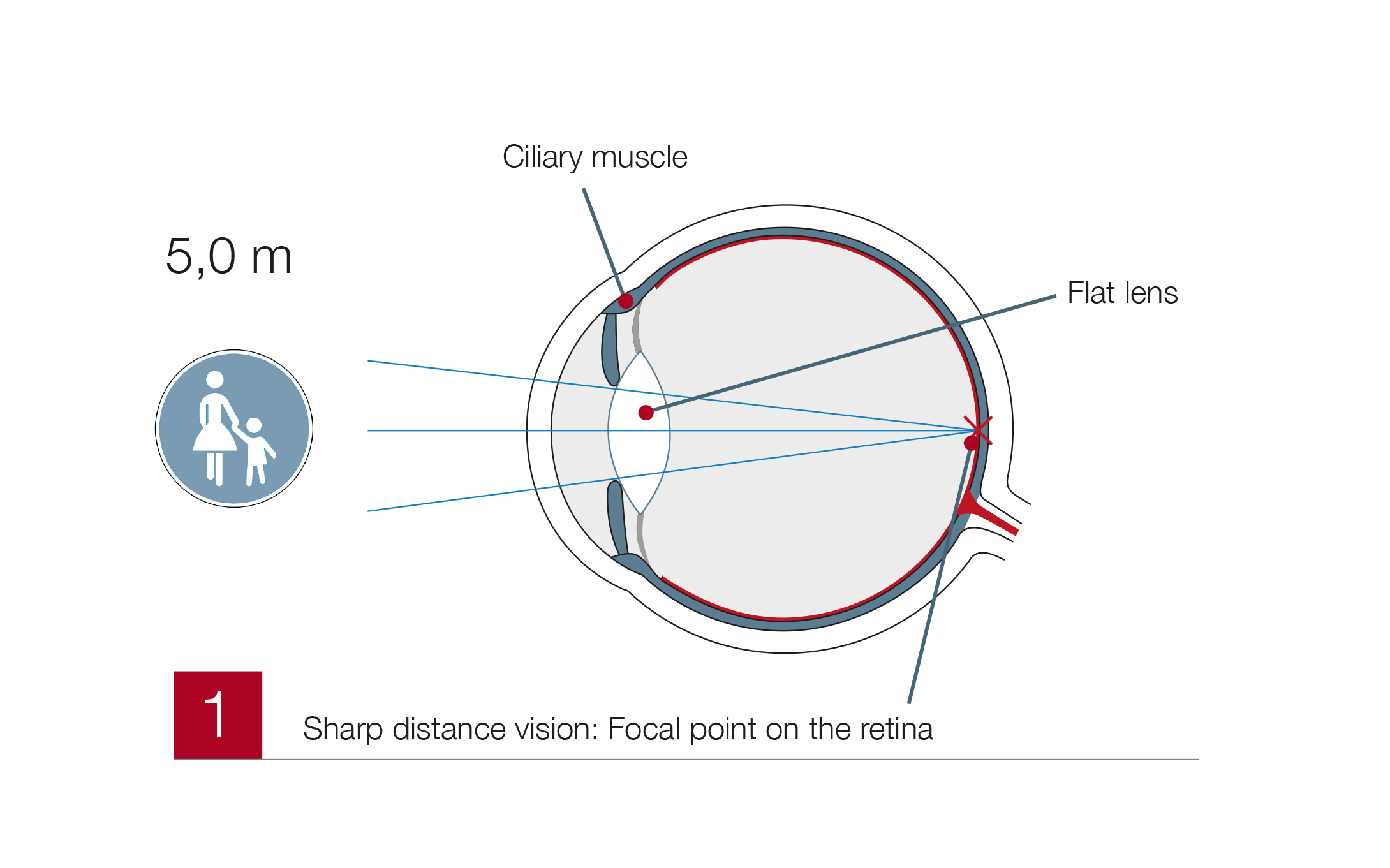
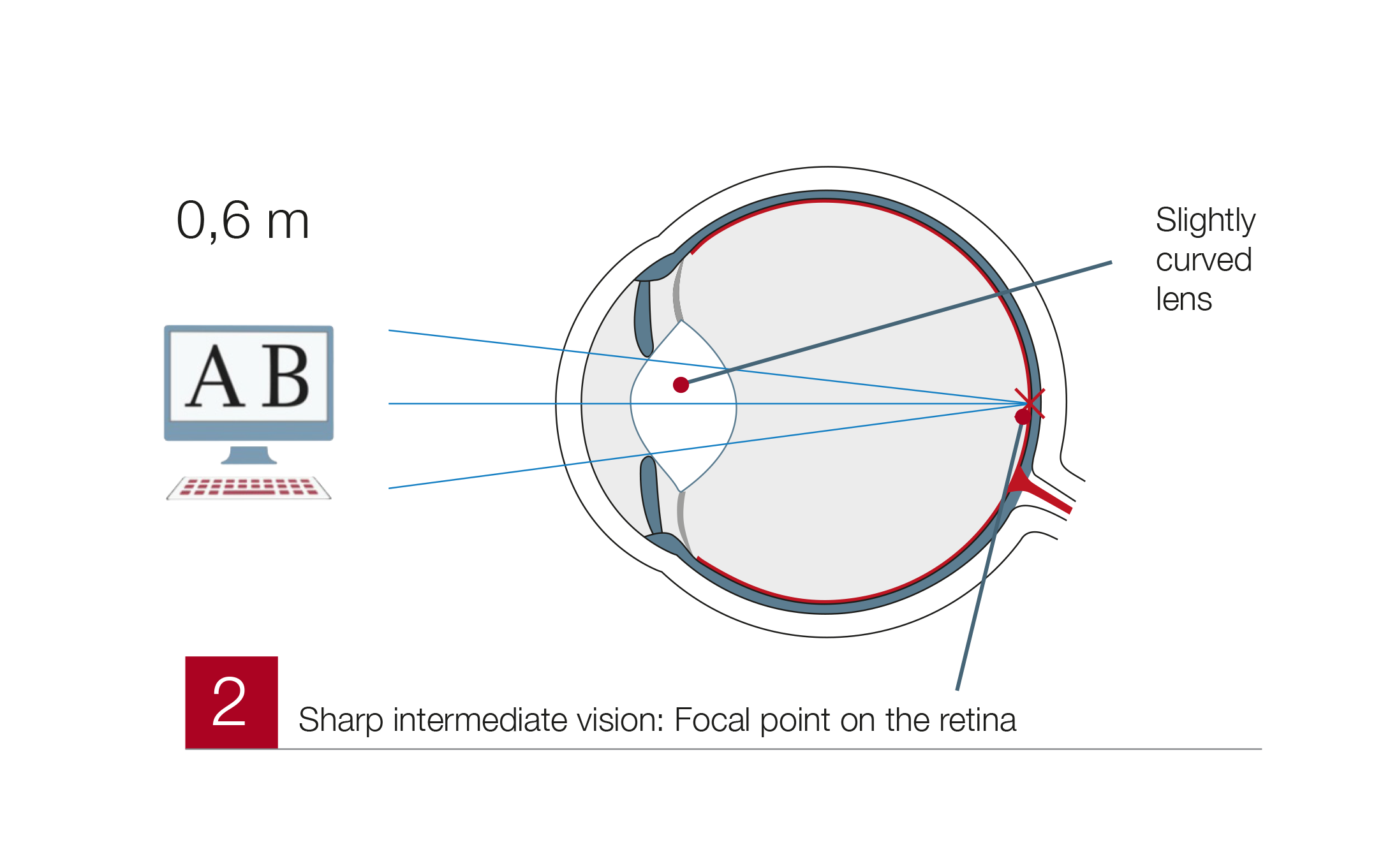
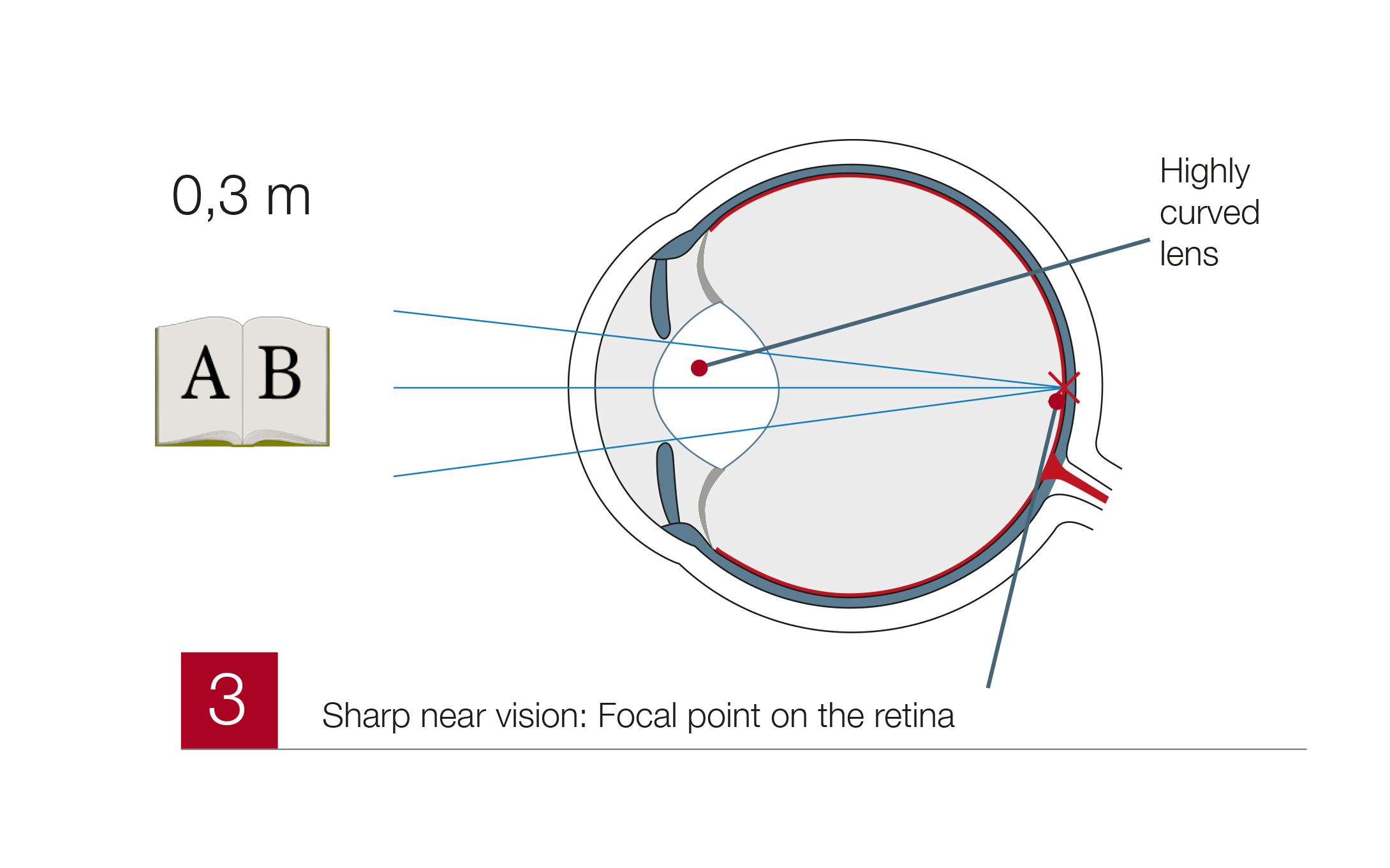
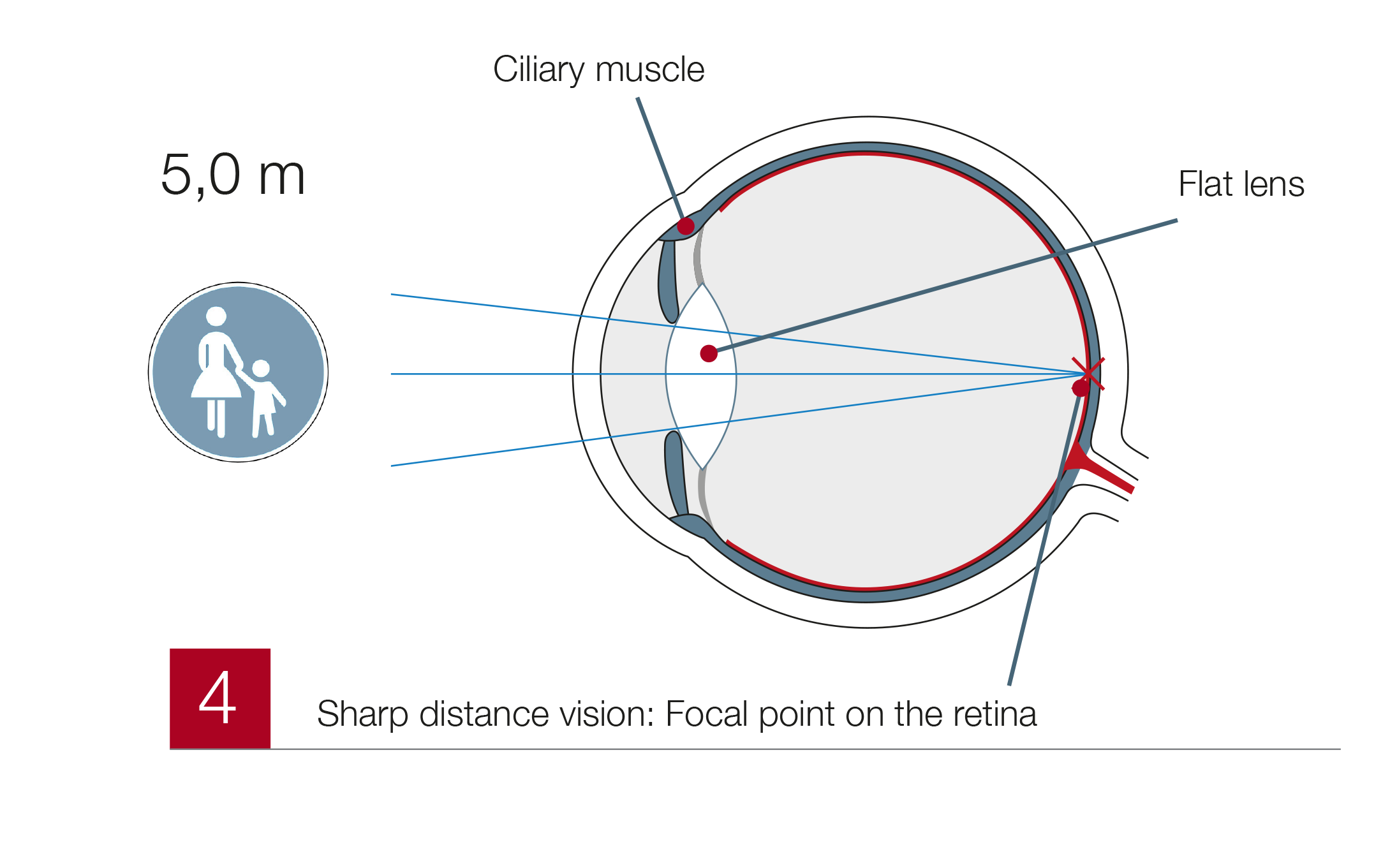
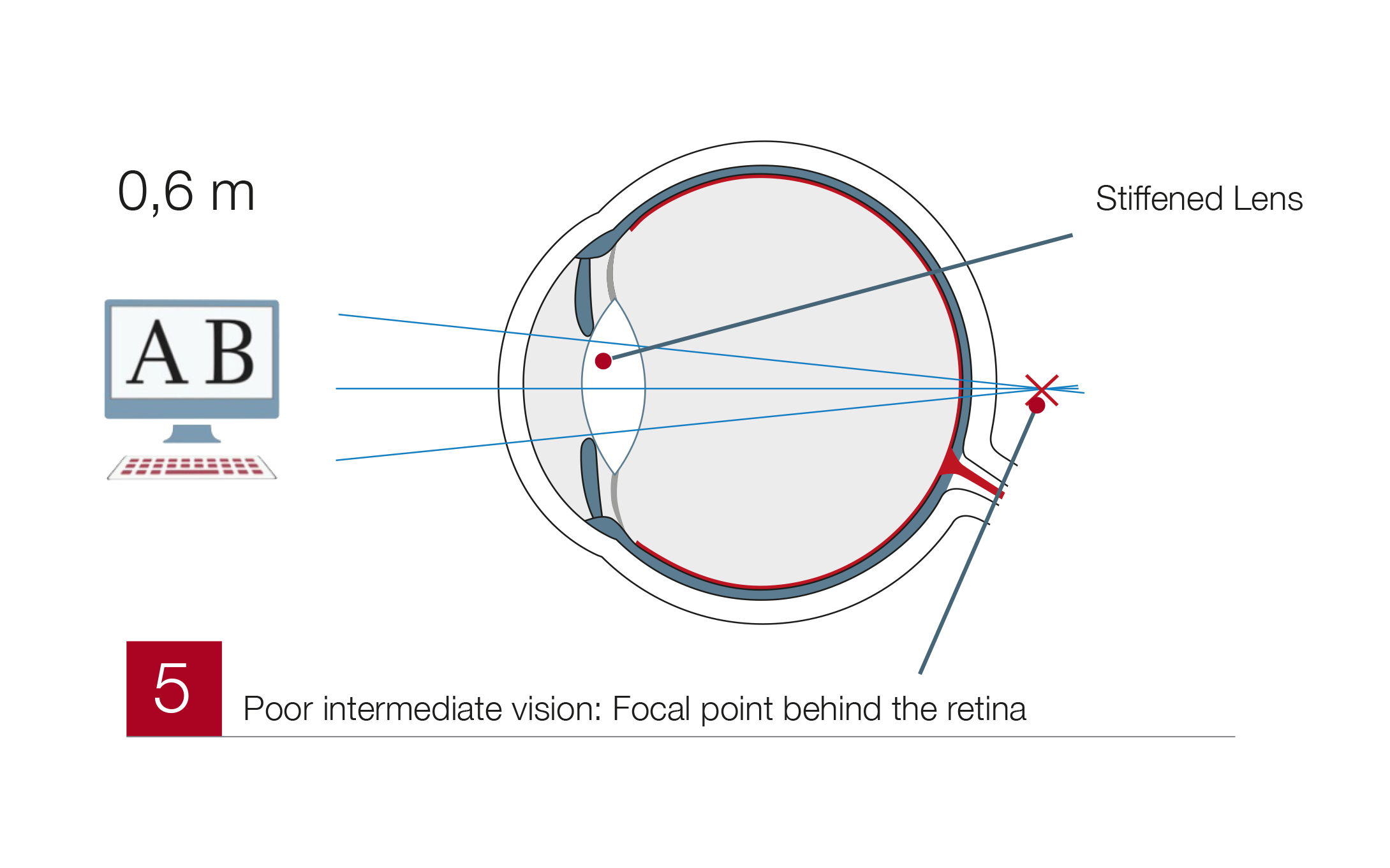
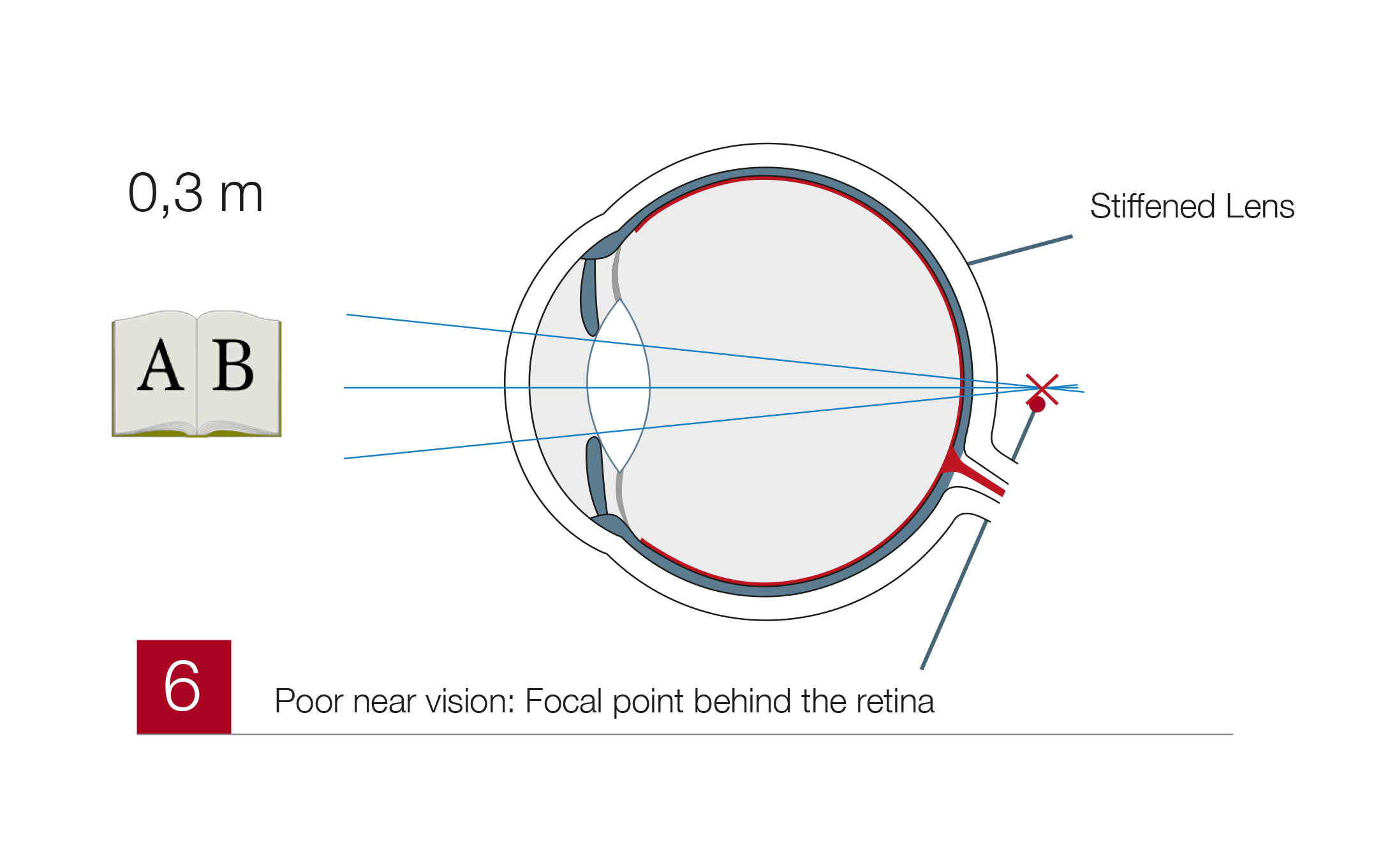



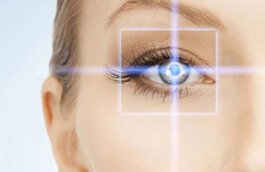

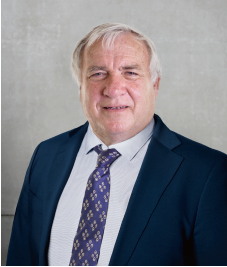



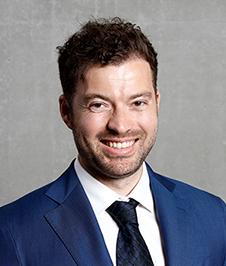
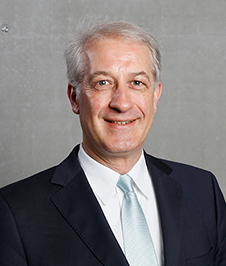
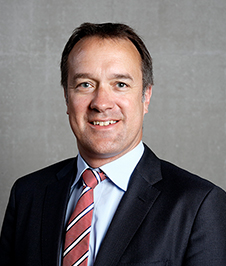
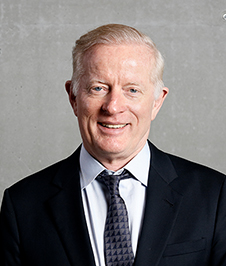


Join our Newsletter